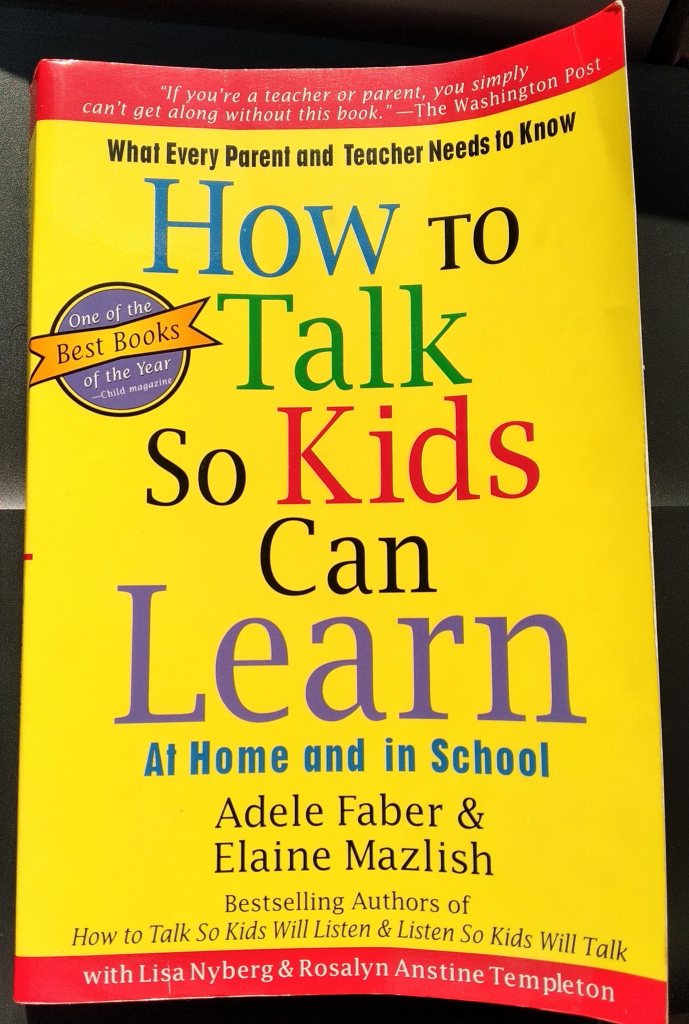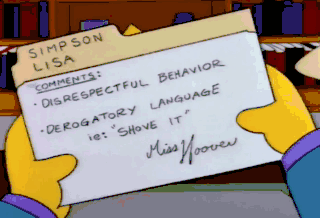
FABER, A. & MAZLISH, E. 1995. How to talk so kids can learn at home and in school. First ed. New York: Scribner.
Everyone seems to agree that young people who have mastered the skills for listening to each other with respect and seeing a conflict as a problem to be solved rather than a battle to be won are our best hope for a peaceful world.
Faber and Mazlish, p.159
Back in September 2008, when I was starting my NQT year, the Language Leader at my school recommended me this book. I remember reading the title and thinking I would find it very useful. I recently decided to re-read it during the lockdown period to revisit some ideas.
I have found this book really inspiring and it has helped me reflect on my relationship with students. I felt relieved when I realised I had been following a particular piece of advice and I felt determined to try new techniques and ideas.
No more imprisoning of children’s hopes and dreams and possibilities by locking them in with labels. Who knows what any of us might become if just one person believed in us enough to help us explore our unexplored selves.
Faber and Mazlish, p.213

I like the way the book is structured. The story is told by a fictional teacher who reflects on her own practice and talks to other people about teaching and learning. Different points of view are expressed by the different characters in the story. There is also a comic section that illustrates examples of good practice and a section on questions and stories from parents and teachers.
But the kind of praise that a child can ‘take in’ and that truly builds self-steem comes in two parts. First, the adult describes what the child has done. (…) Second, the child, after hearing his accomplishment described, praises himself.
Faber and Mazlish, p.170
My favourite chapters were:
«Solving Problems Together» as it explained the six steps that engage children’s creativity and commitment.
«Praise That Doesn’t Demean, Criticism That Doesn’t Wound». I thought this chapter explained beautifully how to give effective feedback. Sometimes I tend to say just «well done!» or «great!» but that does not necessarily help a child improve. They may not even know what I am referring to. I have to be more precise when giving feedback.
«How to Free a Child Who Is Locked in a Role». So much food for thought in this chapter. It really helps challenge your own preconceived ideas about yourself and others.
«The Parent-Teacher Partnership». Really useful to understand the fact that teachers and parents are allies who need to work together.
I would only probably try to update the examples and stories. There have been many changes in society and education since this book was written (1995). It would be interesting to see what could be said about the use of technology in schools and how it can affect our relationship with students.
Would I recommend this book?
I would recommend you this book if you are interested in how to build a good relationship with your students and help them learn more effectively. You have to bear in mind it was written 25 years ago, so some cases may need updating.
